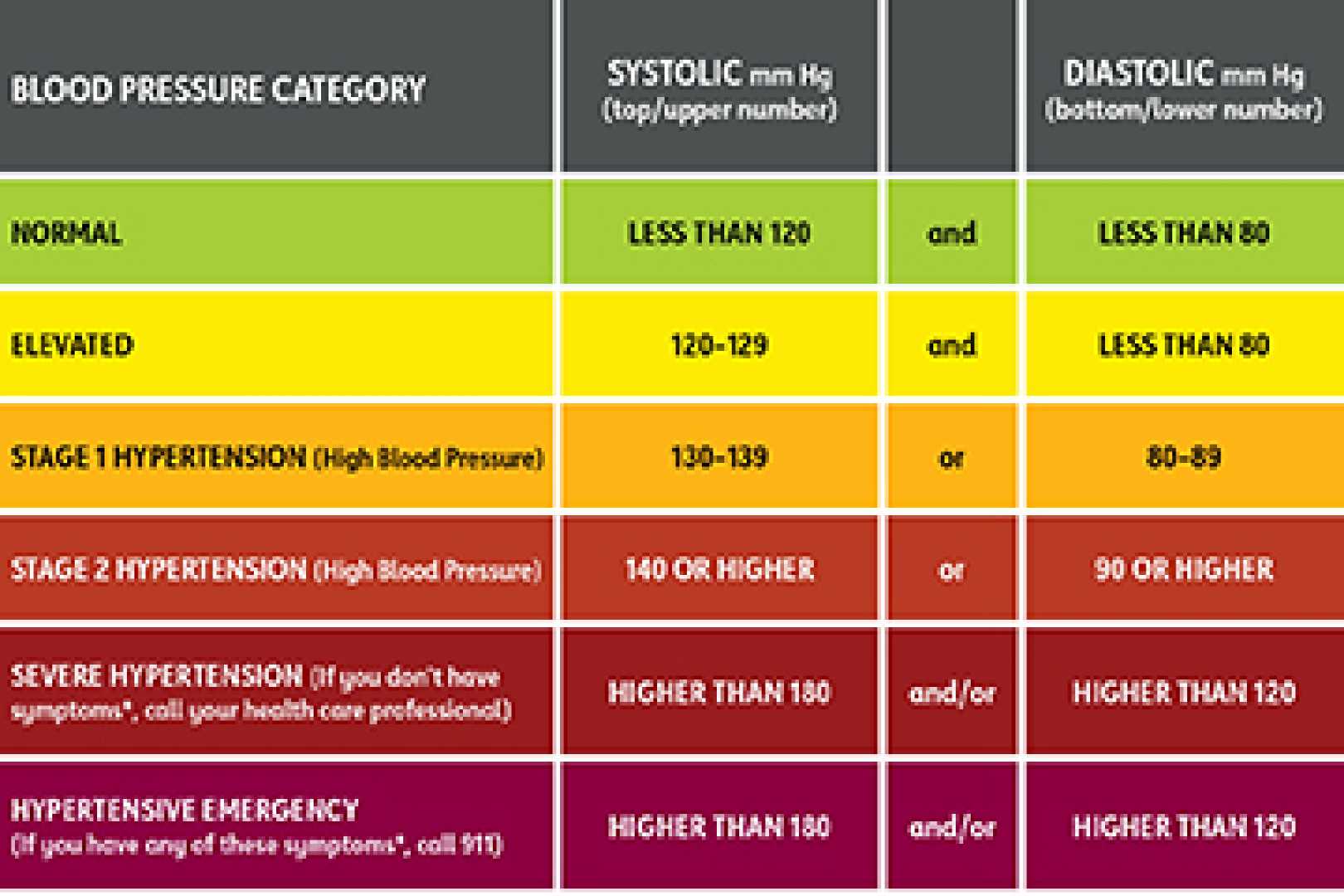Health
New Blood Pressure Guidelines Urge Stricter Control and Lifestyle Changes

DALLAS and WASHINGTON, August 14, 2025 — New guidelines from the American Heart Association (AHA) and the American College of Cardiology (ACC) now recommend a more aggressive approach to managing high blood pressure.
The revised guidelines suggest that if a patient’s systolic reading falls between 130 and 139 mm Hg, healthcare providers should first recommend implementing lifestyle changes. Only after three to six months of these efforts, if blood pressure remains high, should medication be considered.
This marks a shift from 2017’s recommendations, which advised immediate lifestyle changes and medication for anyone with a systolic BP over 140 mm Hg. Nearly half of U.S. adults experience higher than normal blood pressure, making this guidance crucial for public health.
“The aim is to better control blood pressure for more people to prevent cardiovascular disease and strokes,” said Dr. Daniel Jones, chair of the writing committee for the guidelines. He emphasized the links between high blood pressure and risks such as kidney disease, type 2 diabetes, and dementia.
The guidelines maintain the target for normal blood pressure as less than 120/80 mm Hg, while elevated blood pressure is defined as 120-129/80 mm Hg.
According to the AHA, blood pressure readings measure the force of blood in vessels when the heart pumps and rests. High blood pressure typically has no noticeable symptoms but can severely affect heart efficiency and overall health over time.
Additionally, the latest guidelines stress forgoing alcohol entirely due to emerging evidence of its negative impact on blood pressure. Previously, moderate alcohol consumption of up to one drink daily for women and two for men was deemed permissible.
“The reality is the first line of recommendations for managing high blood pressure revolves around diet,” Dr. Jones added, acknowledging that environmental factors make dietary changes challenging.
The updated guidelines encourage everyone to monitor their weight, maintain a balanced diet low in salt, engage in regular physical activity, and manage stress. These factors contribute significantly to maintaining healthy blood pressure levels.
For individuals with obesity or severe obesity, the guidelines also address the necessity of weight loss through structured interventions, including medication and, for those with extreme obesity, potential surgery.
“It’s difficult, but it’s worth it,” Jones concluded, highlighting that adopting these lifestyle changes can lead to better health outcomes.












